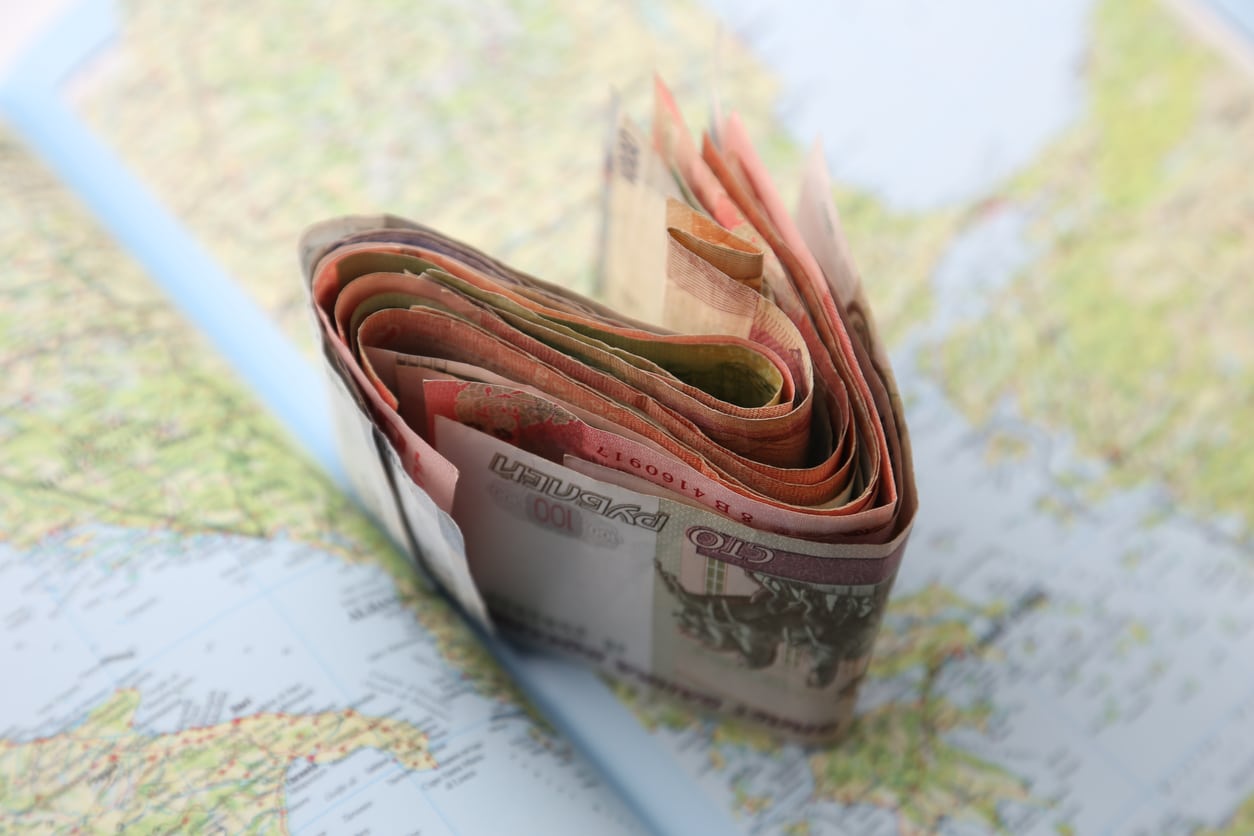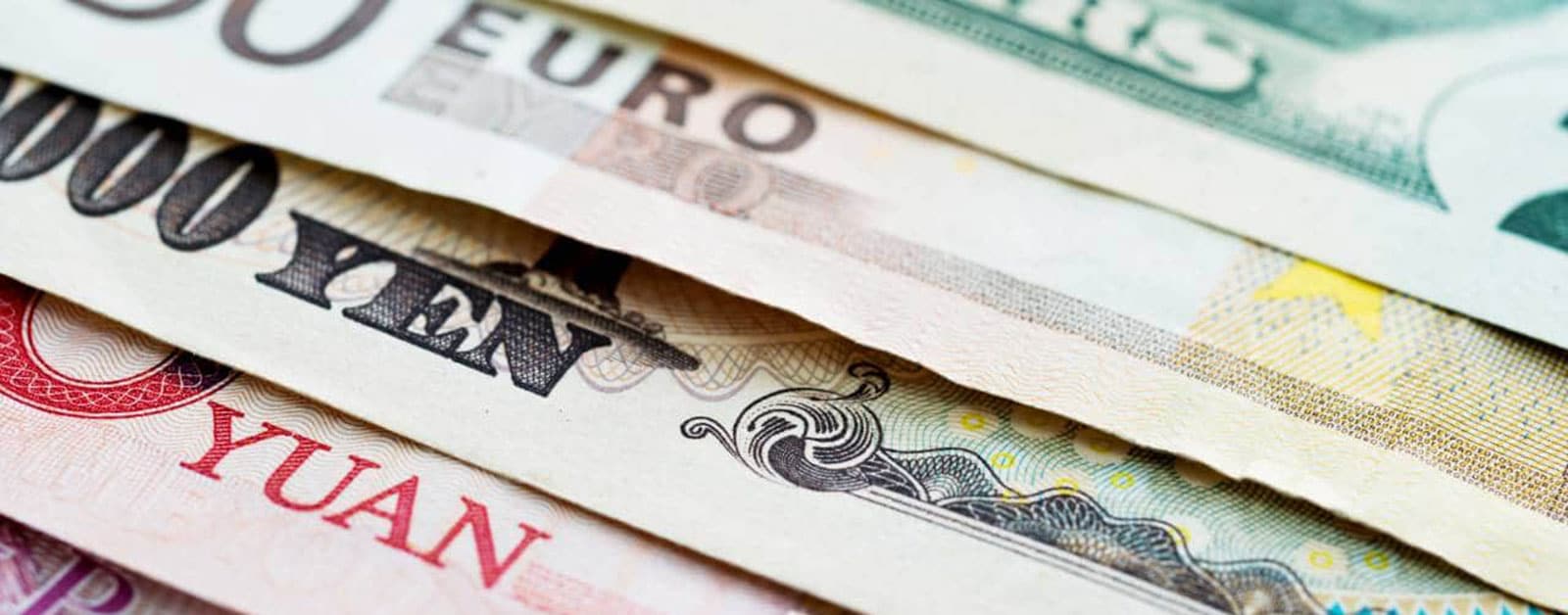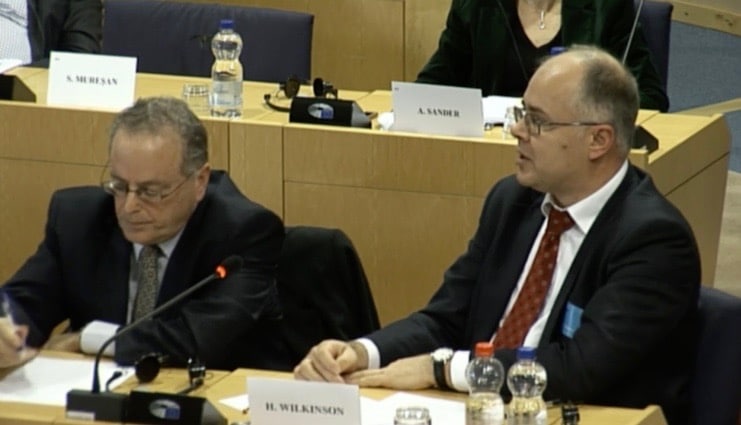CFTC Whistleblower Awards Under The Commodity Exchange Act
The Commodity Exchange Act’s whistleblower law requires that the CFTC pay an award to qualified whistleblowers. To qualify a whistleblower must provide original information to the CFTC regarding a violation of any of the commodity exchange laws enforced by the CFTC.
Updated
May 14, 2025

The CFTC Whistleblower Program: how to qualify for CFTC whistleblower awards rewards under the Commodity Exchange Act
As part of the major Wall Street reform law known as the Dodd-Frank Act, Congress strengthened the enforcement powers of the Commodity Futures Trading Commission (“CFTC”), the regulatory agency that oversees trades in commodities, such as oil, gold, foreign currency and foods regulated under the Commodity Exchange Act.
The Dodd-Frank Act required the CFTC to establish a CFTC Whistleblower Office.
What are the major provisions of the Dodd-Frank Act’s Commodity Exchange Act whistleblower law?
The significant provisions of the Commodity Exchange Act’s whistleblower law are:
- The ability of a qualified whistleblower to obtain a financial reward is similar to other qui tam reward laws, including the False Claims Act and the IRS whistleblower program. The law is nearly identical to the SEC whistleblower law, and the two agencies cooperate on investigations.
- Financial rewards are available to non-U.S. citizens who blow the whistle on potential commodity frauds that occur outside the United States, including areas such as the manipulation of foreign currency exchanges.
- A broad “related action” provision permitting for the payment of rewards based on sanctions obtained from other law enforcement agencies
- The requirement that the CFTC establish a Whistleblower Office
- The requirement that the CFTC permits anonymous claim filing and provide strong confidentiality protections.
- An anti-retaliation provision protecting employees from on-the-job discrimination. Complaints are filed in federal court, mandatory arbitration is prohibited, and whistleblowers are entitled to double back pay, among other damages.
What rewards are available under the Commodity Exchange Act whistleblower law?
The Commodity Exchange Act’s whistleblower law requires that the CFTC pay an award to qualified whistleblowers. To qualify a whistleblower must provide original information to the CFTC regarding a violation of any of the commodity exchange laws enforced by the CFTC.
The reward cannot be lower than 10% of the sanctions obtained by the CFTC, or higher than 30%. More than one whistleblower can qualify for a reward, but under no circumstances can the total amount of rewards paid by the CTFC be greater than 30%.
To obtain a reward the total amount of sanctions the CFTC must issue in an enforcement action (or related enforcement actions) is $1 million. Thus, the program only pays awards in larger cases. However, once the $1 million threshold is met, whistleblowers can collect on all future related sanctions given by the CFTC. Whistleblowers can also receive CFTC whistleblower awards on other “related action” sanctions awarded by other law enforcement or regulatory agencies.
The Commodity Exchange Act’s whistleblower program permits whistleblowers to obtain rewards issued by other regulatory or law enforcement agencies if those agencies relied upon the same original information submitted to the CFTC whistleblower office. The related action rewards are payable only if the CFTC itself issues over $1 million in sanctions. Thereafter, if another law enforcement agency, such as the Department of Justice, the SEC, or Federal Reserve Board, collects a sanction from a wrongdoer based on the same original information provided to the CFTC, the whistleblower can collect an additional reward of 10-30% of the sanctions obtained by the other law enforcement agencies.
How does a whistleblower file a case with the CFTC?
Commodity whistleblowers must first set forth their original information on an official form supplied by the CFTC, and submit that form according to the procedures established by the CFTC. The form must be filed with the CFTC’s Office of the Whistleblower. A copy of this form is available on-line, and the CTFC’s Office of the Whistleblower explains in detail how this form should be filled out, and where it should be filed.
It is essential to make this initial filing as complete and persuasive a possible. Documentary evidence can be attached to the form, and CFTC whistleblowers can submit supplemental pages of information carefully setting forth their allegations.
Based on the filing, the CFTC may initiate an investigation, refer the information to the SEC and/or use the information to support an ongoing investigation. If the CFTC does not initiate an investigation, or sanction a wrongdoer $1 million or more, the reward provision will not kick-in. Rewards are only paid if the CFTC enforces the law and issues a sanction.
If the CFTC sanctions an individual or company $1 million or more, then the CFTC whistleblower becomes potentially eligible for a reward. However, a new form must be timely filed with the CFTC.
Can CFTC whistleblowers be anonymous?
Yes. See the FAQ that discusses how to file an anonymous claim with the CFTC.
How do you get CFTC whistleblower awards from the CFTC?
Every month the CFTC publishes a list of cases for which whistleblower rewards are potentially available. This list is known as the Notice of Covered Action.
Once the CFTC whistleblower’s case is published on the Notice of Covered Act list, the whistleblower has 90-days to file a formal application for a reward.
This application is the document for which a reward will be based. A whistleblower should provide the CFTC will all relevant evidence documenting his or her case, including the original filings with the CFTC, all supplemental filings, information about any meetings that occurred between the whistleblower and members of the CFTC staff or other law enforcement agencies, and any and all materials provided to the CFTC as part of its investigation. Moreover, the whistleblower should address the specific factors published in the CFTC rules that explain what is required to be eligible for a reward, and what information the CFTC uses to increase or decrease the amount of a reward.
If a whistleblower filed his or her original claim anonymously, the whistleblower must reveal his or her identity when applying for CFTC Whistleblower Awards, and may also be required to provide documentation that he or she followed the procedures mandated for anonymous claims. Despite having to provide the CTFC with his or her name, the CTFC will keep the identity of the whistleblower strictly confidential. But the name of the whistleblower is needed to determine that the whistleblower was qualified to file a claim (e.g., that the whistleblower was not an employee of the CFTC).
The reward application and all supporting materials are filed with the Whistleblower Office at the Commodity Futures Trading Commission.
Is the final decision of the CFTC granting or denying a rewards subject to judicial review?
Yes. A final decision of the CTFC can be appealed to the U.S. Court of Appeals. The time limit to file the appeal is 30-days. The appeal is governed by the Administrative Procedure Act, 5 U.S.C. § 706. The appeal is based on the record created before the CTFC. Appeals are limited to challenging a denial of a reward. A whistleblower cannot appeal the amount of a reward provided that the CFTC’s award was within the 10-30% range.
Are the CFTC’s rulings on CFTC whistleblower awards public?
Yes. The CFTC publishes its decisions granting or denying rewards. However, the name of the whistleblower is not published, nor is other information that could identify the whistleblower included in the public decisions.
Where can I obtain more information on the Commodity Exchange Act’s whistleblower reward law?
Rules for Whistleblowers: A Handbook for Doing What’s Right (Lyons Press 2023) contains extensive information on the Dodd-Frank Act and the Commodity Exchange Act’s reward and anti-retaliation protections.
- Rule 2 covers confidentiality and anonymity;
- Rule 19 includes information on the reward provisions of the Securities and Commodity Exchange Acts
- Rule 20 covers the reward provisions of the Foreign Corrupt Practices Act, and information on retaliation is throughout the Handbook.
For a tax-deductible donation of $50.00 or more to the National Whistleblower Center, you can obtain a complimentary copy of Rules for Whistleblowers.
FAQ Disclaimer
What are the limits of this FAQ? Is there a disclaimer concerning the information presented here?
Whistleblower laws are complex. There are several qui tam or reward laws that can result in a whistleblower obtaining a multi-million-dollar judgment. Each of these laws has specific filing requirements. Additionally, there are over 50 different federal anti-retaliation laws designed to protect whistleblowers from discrimination. Again, each of these laws has various lengths of statutes of limitation, filing procedures, and definition of a protected disclosure.
These FAQs give whistleblowers an overview of significant whistleblower qui tam, reward, or anti-retaliation laws. They are not comprehensive. If you believe you may have a whistleblower case, you should contact an attorney and obtain specific advice based on the facts of your case. You cannot rely only on the information in this FAQ to determine whether or not you have a valid claim.
A critical resource for those thinking of blowing the whistle is Rules for Whistleblowers: A Handbook for Doing What’s Right (Lyons Press 2023). The Handbook contains a detailed discussion on all major whistleblower laws and has extensive citations to legal cases and statutes the protect whistleblowers. It is an invaluable resource.
Because of the complexity of the whistleblower laws, we disclaim all liability in respect to actions taken or not taken based on the contents of this FAQ. The FAQ is a summary guide to understanding your rights. You should contact an attorney with expertise in whistleblowing before you make a disclosure. You must know your rights before you “blow the whistle,” so you can ensure that your conduct will be protected.
Can the whistleblower attorneys working at Kohn, Kohn and Colapinto help me?
The whistleblower law firm of Kohn, Kohn and Colapinto has a straightforward intake process. It is available here. Every intake is confidential, and the information provided protected under the attorney-client privilege. A senior partner at Kohn, Kohn and Colapinto reads each intake submission.
The intake process is free of charge.
Unfortunately, KKC receives many more requests for assistance then it can handle and must turn away many qualified whistleblowers. If KKC cannot represent you, you still may have a solid case.
If KKC believes you may have a case with which it can help you, you will receive a follow-up call or email to obtain more information and determine whether or not our firm can represent you. Until you have a signed written agreement with the firm, we are not your attorneys (although all of the information you provide to us is privileged and confidential). Almost all of our cases are on a contingency fee basis.
Our Firm’s Cases
Relevant FAQs
Latest News & Insights
During the Dodd-Frank rulemaking process, Kohn, Kohn and Colapinto’s partners worked closely with the SEC to create an effective whistleblower program.
During the Dodd-Frank rulemaking process, Kohn, Kohn and Colapinto’s partners worked closely with the SEC to create an effective whistleblower program.
Ready to blow the whistle? Our experienced team is here to protect your rights and guide you through the process. Contact us today for a confidential consultation.
Our pro bono team has helped lead the fight to pass amendments which would strengthen the False Claims Act (FCA).
Former SEC officials lead the firm’s new group, representing whistleblowers who report financial fraud and legal violations to the SEC, CFTC, DOJ, FinCEN, and the IRS.




